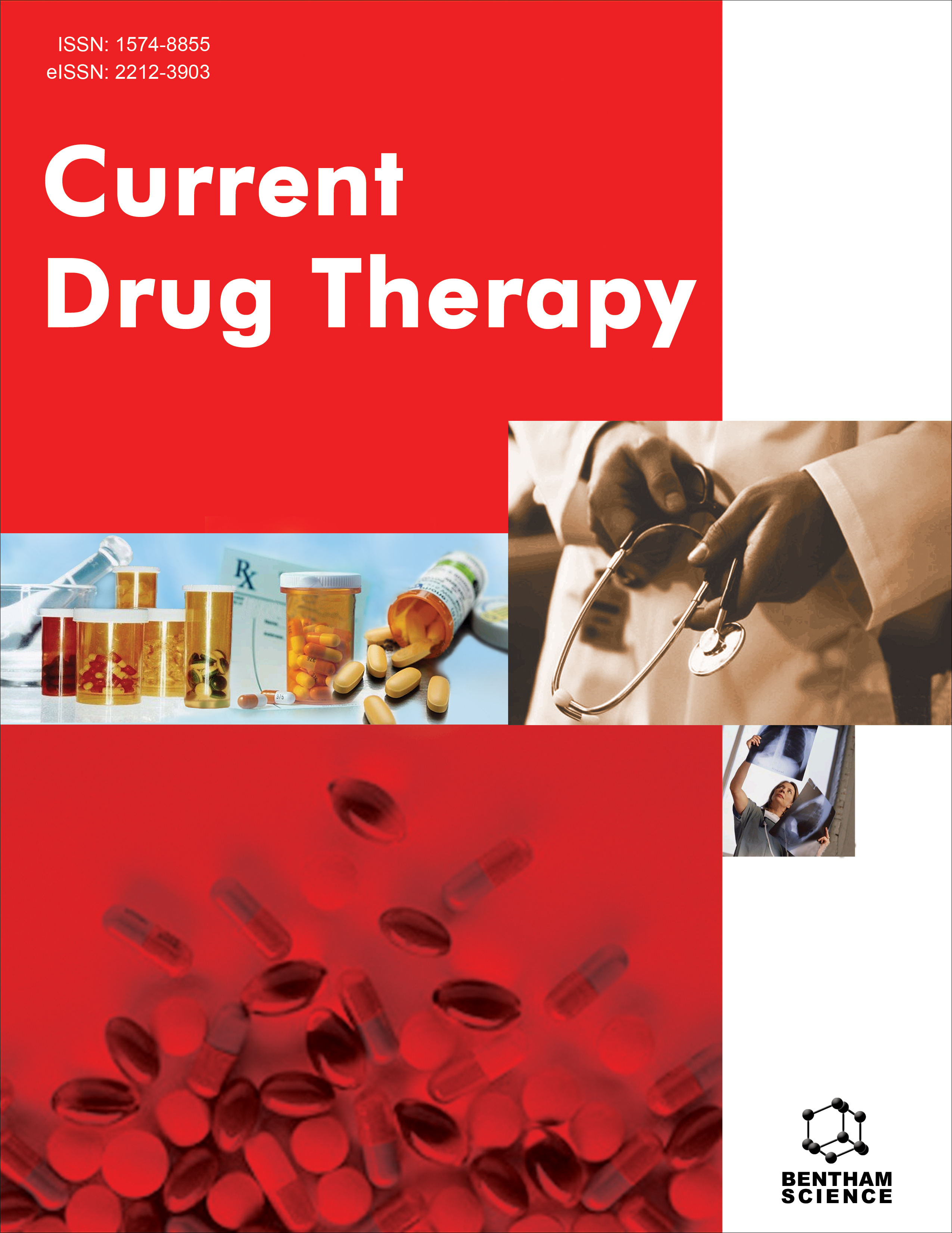-
s Emerging Therapeutic Strategies for Rheumatoid Arthritis
- Source: Current Drug Therapy, Volume 7, Issue 3, Sep 2012, p. 198 - 206
-
- 01 Sep 2012
Abstract
Rheumatoid arthritis is a chronic auto-immune disease that is characterized by both localized and systemic inflammation of internal organs and joints. Elevated plasma concentrations of pro-inflammatory cytokines, such as interleukin-6 (IL-6), interleukin-1b (IL-1b), tumor necrosis factor- α (TNF-α), and acute phase proteins, are responsible for both localized and systemic inflammation. Rheumatoid arthritis is a disease which is affecting 1-1.5% of the population worldwide and females are more affected than male, with a ratio of 2:1. Rheumatoid arthritis symmetrically affect both side of joints i.e., interphalangeal joints such as the proximal interphalangeal, metacarpophalangeal, and metatarsophalangeal joints of the hands and feet as well as the wrist and ankle. There are number of drugs molecules available for treatment of rheumatoid arthritis which have limited efficiency with serious side effects. After the development of targeted drug delivery system, the panic of adverse effects and toxicity has been reduced for other nontarget body organs. Furthermore, the efficiency of drugs towards target site has also increased. With this review our group tried to discuss various novel strategies available for the treatment of autoimmune disease i.e., rheumatoid arthritis.


